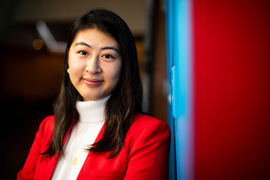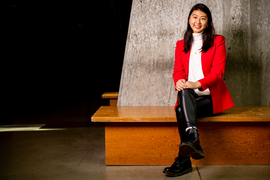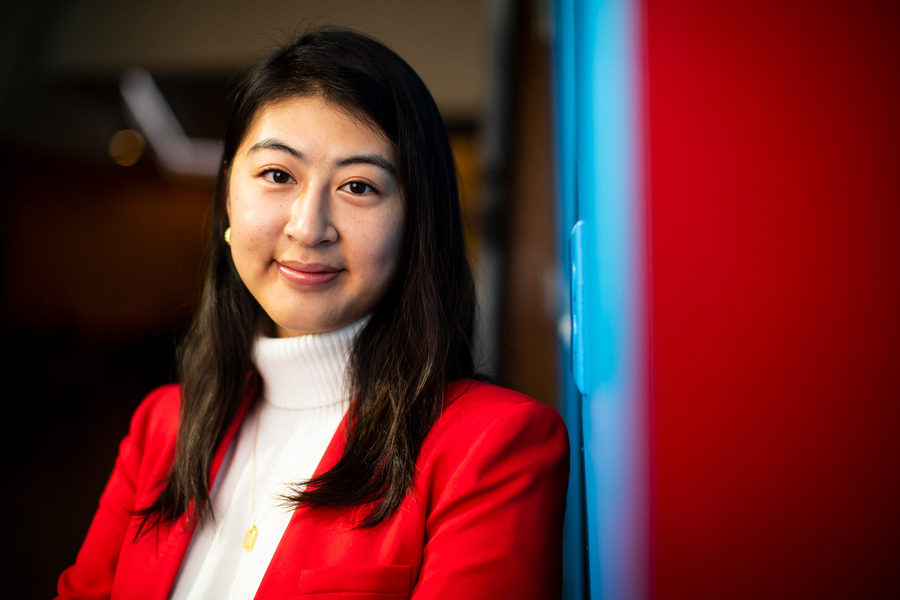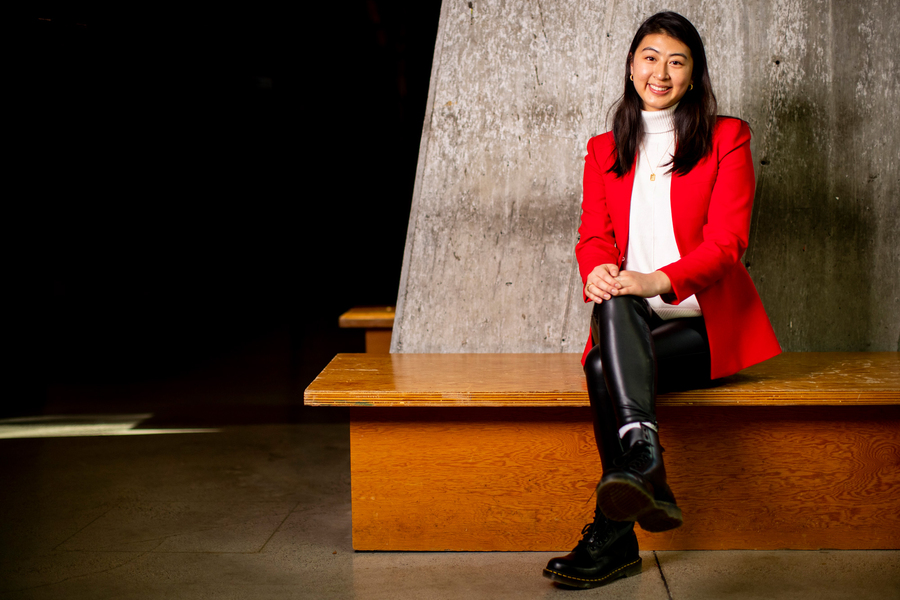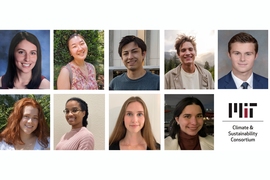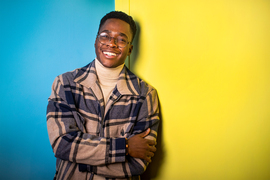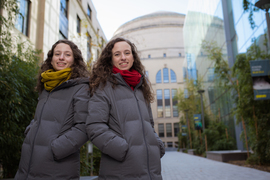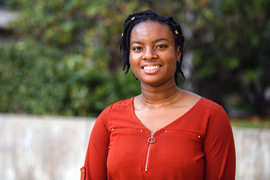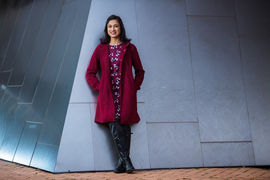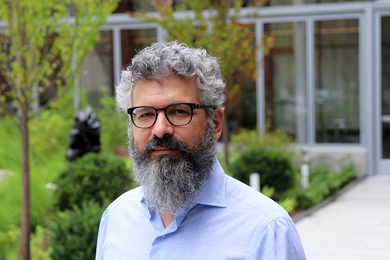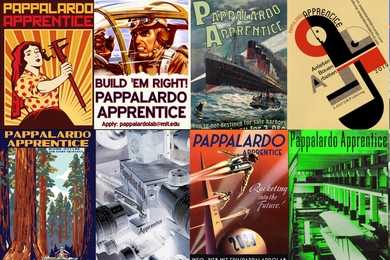When she was in 7th grade, Heidi Li and the five other members of the Oyster Gardening Club cultivated hundreds of oysters to help repopulate the Chesapeake Bay. On the day they released the oysters into the bay, the event attracted TV journalists and local officials, including the governor. The attention opened the young Li’s eyes to the ways that a seemingly small effort in her local community could have a real-world impact.
“I got to see firsthand how we can make change at a grassroots level and how that impacts where we are,” she says.
Growing up in Howard County, Maryland, Li was constantly surrounded by nature. Her family made frequent trips to the Chesapeake Bay, as it reminded them of her parent’s home in Shandong, China. Li worked to bridge the cultural gap between parents, who grew up in China, and their children, who grew up in the U.S., and attended Chinese school every Sunday for 12 years. These experiences instilled in her a community-oriented mindset, which Li brought with her to MIT, where she now majors in materials science and engineering.
During her first year, Li pursued a microbiology research project through the Undergraduate Research Opportunities Program (UROP) in the Department of Civil and Environmental Engineering. She studied microbes in aquatic environments, analyzing how the cleanliness of water impacted immunity and behavioral changes of the marine bacteria.
The experience led her to consider the ways environmental policy affected sustainability efforts. She began applying the problem to energy, asking herself questions such as, “How can you take this specific economic principle and apply it to energy? What has energy policy looked like in the past and how can we tailor that to apply to our current energy system?”
To explore the intersection of policy and energy, Li participated in the Roosevelt Project, through the Center of Energy and Environmental Policy Research, during the summer after her junior year. The project used case studies targeting specific communities in vulnerable areas to propose methods for a more sustainable future. Li focused on Pittsburgh, Pennsylvania, evaluating the efficiency of an energy transition from natural gas and fossil fuels to carbon-capture, which would mean redistributing the carbon dioxide produced by the coal industry. After traveling to Pittsburgh and interviewing stakeholders in the area, Li watched as local community leaders created physical places for citizens to share their ideas and opinions on the energy transition
“I watched community leaders create a safe space for people from the surrounding town to share their ideas for entrepreneurship. I saw how important community is and how to create change at a grassroots level,” she says.
In the summer of 2021, Li pursued an internship through the energy consulting firm Wood Mackenzie, where she looked at technologies that could potentially help with the energy transition from fossil fuels to renewable energy. Her job was to make sure the technology could be implemented efficiently and cost-effectively, optimizing the resources available to the surrounding area. The project allowed Li to engage with industry-based efforts to chart and analyze the technological advancements for various decarbonization scenarios. She hopes to continue looking at both the local, community-based, and external, industry-based, inputs on how economic policy would affect stakeholders.
On campus, Li is the current president of the Sustainable Energy Alliance (SEA), where she aims to make students more conscious about climate change and their impact on the environment. During summer of her sophomore year, Li chaired a sustainability hackathon for over 200 high school students, where she designed and led the “Protecting Climate Refugees” and “Tackling Environmental Injustice” challenges to inspire students to think about humanitarian efforts for protecting frontline communities.
“The whole goal of this is to empower students to think about solutions for themselves. Empowering students is really important to show them they can make change and inspire hope in themselves and the people around them,” she says.
Li also hosted and produced “Open SEAcrets,” a podcast designed to engage MIT students with topics surrounding energy sustainability and provide them with the opportunity to share their opinions on the subject. She sees the podcast as a platform to raise awareness about energy, climate change, and environmental policy, while also inspiring a sense of community with listeners.
When she is not in the classroom or the lab, Li relaxes by playing volleyball. She joined the Volleyball Club during her first year at MIT, though she has been playing since she was 12. The sport allows her to not only relieve stress, but also have conversations with both undergrads and graduate students, who bring different their backgrounds, interests, and experiences to conversations. The sport has also taught Li about teamwork, trust, and the importance of community in ways that her other experience doesn’t.
Looking ahead, Li is currently working on a UROP project, called Climate Action Through Education (CATE), that designs climate change curriculum for K-12 grades and aims to show how climate change and energy are integral to peoples’ daily lives. Seeing the energy transition as an interdisciplinary problem, she wants to educate students about the problems of climate change and sustainability using perspectives from math, science, history, and psychology to name a few areas.
But above all, Li wants to empower younger generations to develop solution-minded approaches to environmentalism. She hopes to give local communities a voice in policy implementation, with the end goal of a more sustainable future for all.
“Finding a community you really thrive in will allow you to push yourself and be the best version of yourself you can be. I want to take this mindset and create spaces for people and establish and instill this sense of community,” she says.
